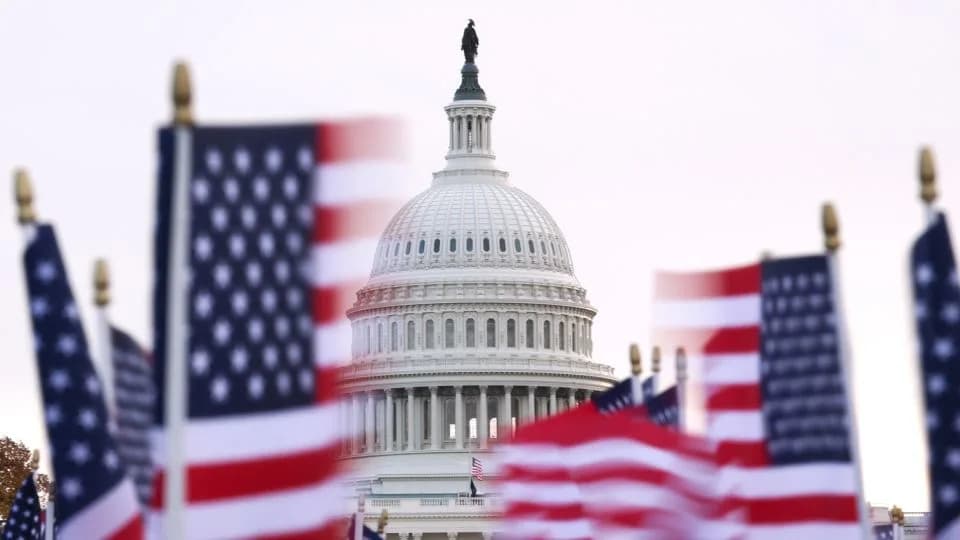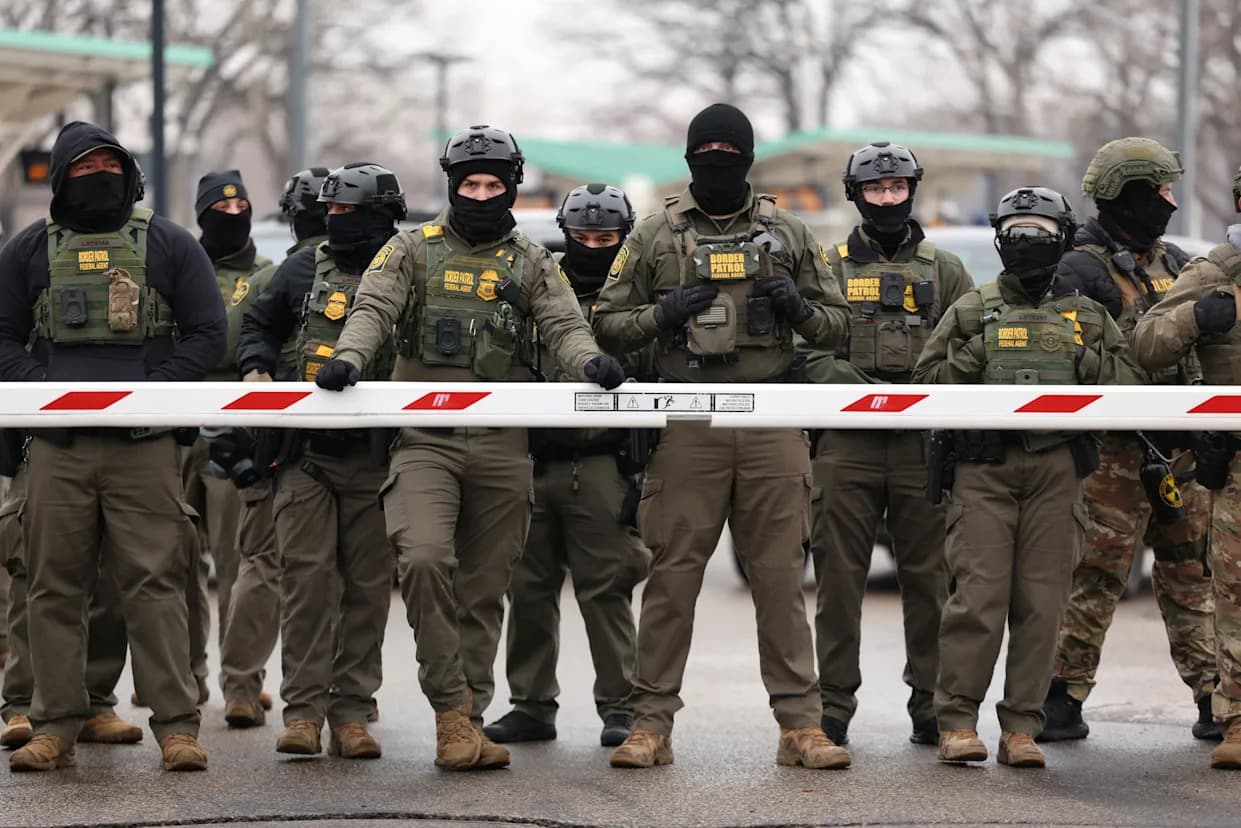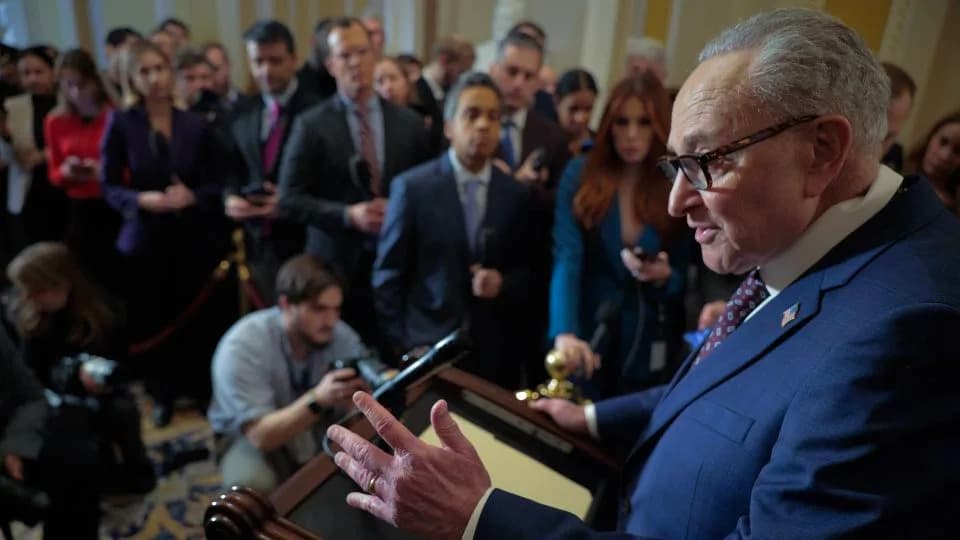Thousands of miles from Washington, the government shutdown is causing real hardship at U.S. bases overseas. DoDEA runs 161 schools across 11 countries and supports about 67,000 students, but many teachers and civilian staff are working without pay. Educators like substitute Donna Irwin continue prioritizing students—often paying for supplies themselves—while DoDEA says it is monitoring the situation and providing guidance.
Shutdown Strains Overseas U.S. Bases: Teachers and Civilian Staff Working Without Pay

Thousands of miles from Washington, D.C., a funding stalemate is hitting U.S. bases abroad
While President Donald Trump arranged a temporary measure to ensure active-duty troops receive pay, many civilian employees and contractors who keep overseas installations running are going without paychecks during the government shutdown. The consequences are being felt across communities that support the military mission, from classrooms to commissaries.
Donna Irwin, a substitute teacher at a naval base in Italy, described the mood:
"It has been absolutely terrible to watch and the morale at the school — I mean it’s low."
The Department of Defense Education Activity (DoDEA) oversees 161 schools in 11 countries, seven U.S. states and two territories across 10 time zones. Nearly 900,000 military-connected children live worldwide; about 67,000 attend DoDEA schools, which employ more than 14,000 staff.
DoDEA communications chief Jessica Tackaberry told Fox News that the agency remains "committed to providing a world-class education" and understands "the difficulties this situation may create for our dedicated educators and staff who are working without pay." She said DoDEA is closely monitoring developments and will continue to provide guidance and support to employees as needed.
Some activities—such as athletics and other co-curricular programs—have been designated as excepted, allowing certain programs to continue during the shutdown. But many civilian employees, contractors and support staff remain furloughed or unpaid.
Irwin said her family is fortunate that her husband, a sailor, is still receiving pay; nevertheless, with roughly half their household income paused they are already cutting expenses. She warned that even after a shutdown ends, reimbursement of missed pay can take time.
"Especially out here, you feel forgotten because we are here to support that mission — as DoD contractors, as spouses and family members of the service members. These bases, these installations — they really don’t function without us, without our vital jobs and our support," Irwin said.
Living overseas adds unique challenges. Many contracts prohibit taking outside jobs off base, making it harder for affected workers to find temporary income. Separated by oceans from extended family who might help, some residents are scrambling to explain missed paychecks to European landlords and to cancel or reduce automatic payments for services such as streaming, insurance and utilities.
Despite the financial strain, educators say students remain their priority. Irwin, who teaches in a special education classroom focused on essential life skills like cooking and cleaning, says she has been buying supplies out of pocket.
"I have no budget for any of that in my current classroom, so I’ve been having to go to the commissary myself and make do, trying to buy things that I can’t afford right now for these students who desperately need those life skills," she said. "The saddest thing is watching students who don’t fully understand government and politics become worried about basic needs: 'Am I going to have a meal today?'"
The situation underscores how a U.S. funding impasse can ripple through communities overseas, affecting educators, contractors and families who keep installations functioning and support service members' daily lives.
Help us improve.


































